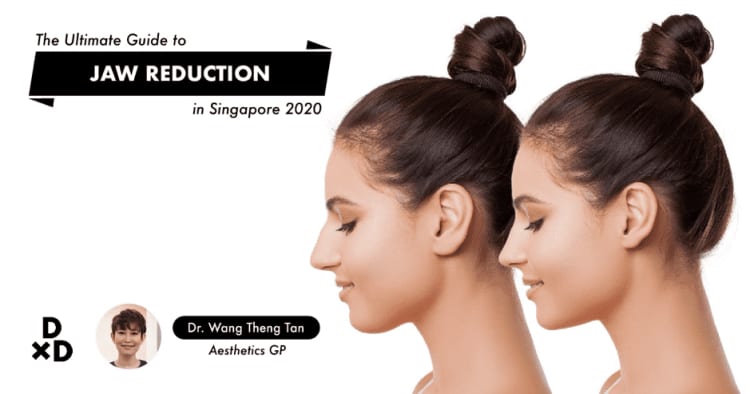What is bruxism?
Bruxism is the medical term for involuntary teeth grinding or jaw clenching in your sleep (sleep bruxism), or even during the day (awake bruxism). Our jaw muscles, or masseter muscles, are the strongest muscle based on their weight — closing the teeth with a force as great as 25kg on the incisors and 90.7kg on the molars [1].
Bruxism is the medical term for involuntary teeth grinding or jaw clenching in your sleep, or even during the day. Our jaw muscles are some of the strongest muscles, pound for pound, in our bodies.
When it happens constantly and unconsciously, bruxism can cause some serious tooth damage and can negatively impact our general well-being. Bruxism can result in two types of jaw actions:
Jaw clenching
Clenching of teeth does not result in any audible sound but the forces can be very great. The teeth will be abraded and any structure involved in chewing can also be affected.
Teeth grinding
The sound can be extremely loud. The resultant abrasion of the teeth can be very substantial. This most common grinding pattern happens diagonally, so the canines get worn out very badly and the least common is the grinding of the front teeth (incisors).
The clenching or grinding of our teeth at night is subconscious and happens in response to general stress in our lives.
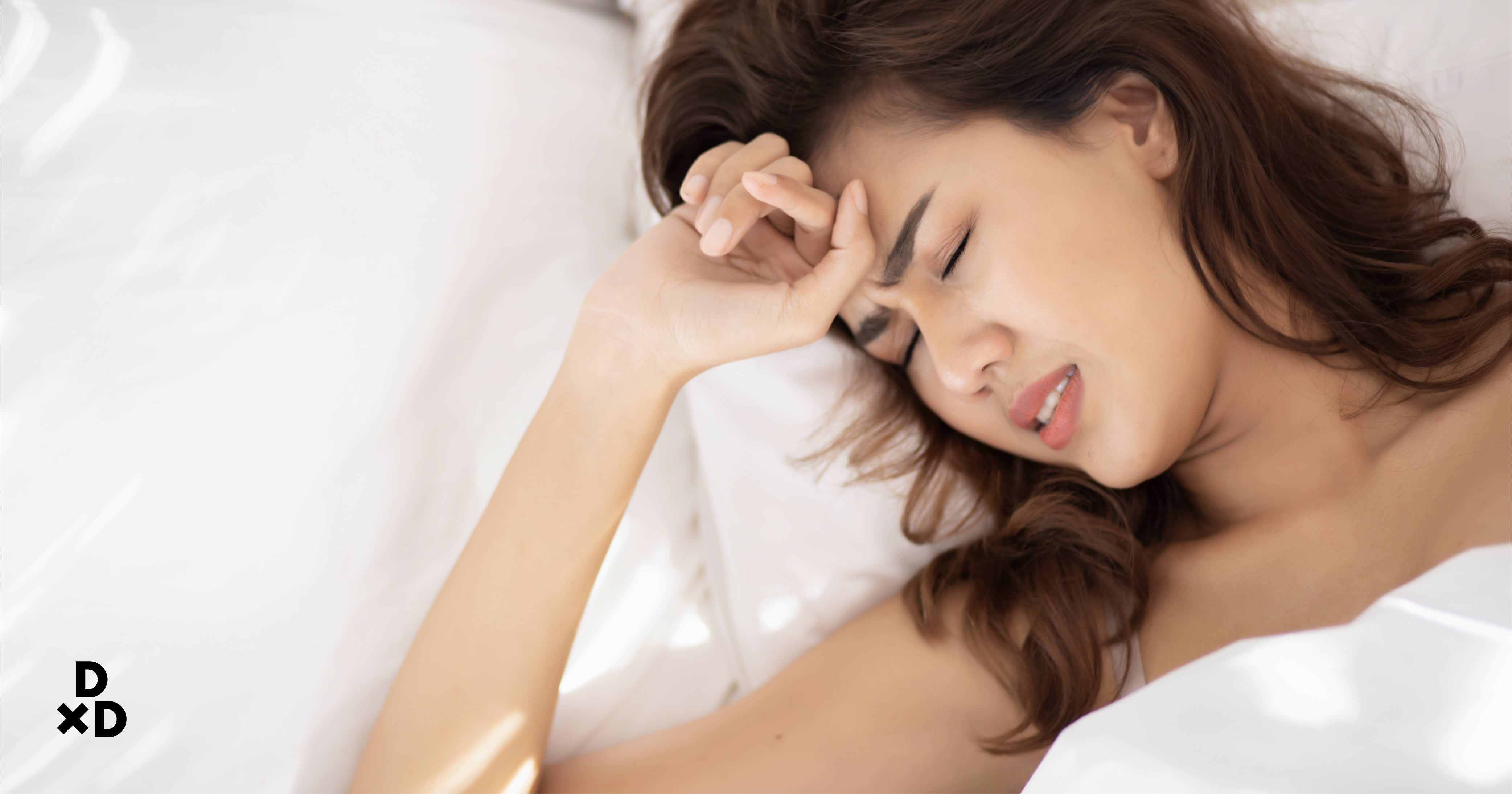
What causes people to brux?
When human beings undergo stress, our bodies respond through the Sympathetic Reflex, otherwise known as the “Fight or Flight Reflex”.
Part of this reflex results in us clenching our teeth in response to the stress. For example, when we carry something heavy, physically stressed, we automatically clench our teeth. When we are upset with someone else, we also tend to clench our teeth as a result of the emotional stress.
Anecdotally, Singaporeans have a high risk of bruxism because of their generally stressful lifestyle. In fact, a 2019 study has shown that 92% of working Singaporeans report feeling stressed, which is 8% higher than the global average.
There is, of course, a hereditary component to this reflex as some people handle stress better than others.
Stress is anything that takes us out of our norm or our comfort zone. It can be:
- Mental stress
- Emotional stress
- Physical stress
- Environmental stress
- Stress from our health
- Stress from relationships
Can bruxism be cured permanently?
No, as bruxism is usually a side effect of stress (and hence, part of our natural fight or flight reflex), bruxism cannot be cured. However, it can be managed.
The best and most effective method for treating bruxism is by using a mouthguard when you sleep at night! A mouthguard can prevent further wear and tear to the teeth and reduce the force exerted by our jaw by causing it to relax more.
You will experience better sleep and perhaps even a slimmer jawline because your muscles are not constantly being exercised.
It is important to note that you should not purchase a mouthguard over the counter or wear the ones from a sports store — your dentist needs to customise the fit for you. This will ensure a comfortable and secure fit. The thickness of the mouthguard is also critical in managing the signs and symptoms effectively.
Who should go for bruxism treatment?
Some patients are aware of tooth grinding as others have heard it. However, if you only clench your teeth there is no discernable sound. We recommend consulting a dentist if you are experience=ing the common symptoms, like constant stiff shoulders, poor quality sleep, etcetera.
Bruxism should be treated as early as possible and can start from the young age of 8 or 9 years old. If you suspect that you suffer from symptoms of Bruxism, you can consult your dentist for a diagnosis.
What are the symptoms of bruxism?
There are over 40 signs and symptoms associated with bruxism, with severe cases causing physical injuries and severe psychosocial impairment.
From my experience, the most common signs and symptoms of bruxism include:
- Well-developed masseter muscles
- Constant stress headaches
- Eye bags and dark circles from lack of sleep
- Stiff trapezius or shoulder muscles, especially when you wake in the morning
- The clicking of jaw joints
- A chronic sore throat
- Wearing of the teeth
- Cracked-tooth syndrome
Of course, these signs and symptoms may vary for each patient and depend on how often they grind their teeth. Over the last 10 years, we have seen many patients presenting themselves with teeth that have split vertically through the tooth during sleep. In these cases, extracting the teeth is the only option!
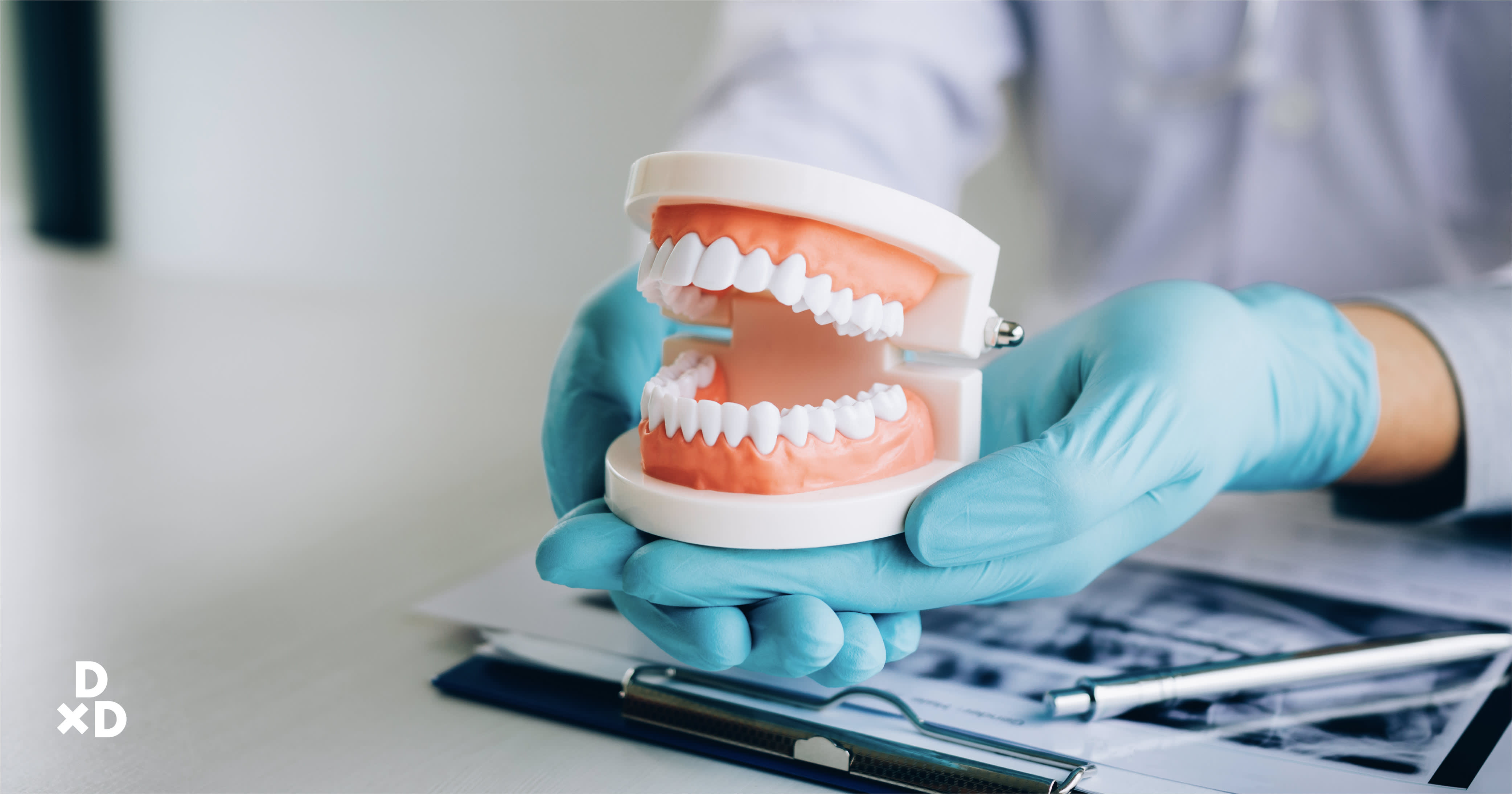
How is bruxism diagnosed?
Your dentist usually looks for the signs and symptoms mentioned earlier.
Sometimes patients who suffer from bruxism also suffer from Cervical Spondylosis, which is the curvature of the neck and spine. Generally, as human creatures of habit, we tend to chew more on one side more than the other. This makes our muscles stronger on one side, causing the spine to curve towards the stronger side — it’s funny because sometimes people don’t need a chiropractor to help with their neck, but instead, a dentist to help with their bruxism!
What can I expect during my first consultation?
A long explanation! Most of the time, dentists have two main challenges when discussing bruxism with a patient:
Firstly, the patient needs to buy and agree to the treatment, making it a benefit and buying decision
The second and more challenging step is to make sure the patients are compliant and use their mouth guard religiously. Our patients need to not only see but experience the benefits.
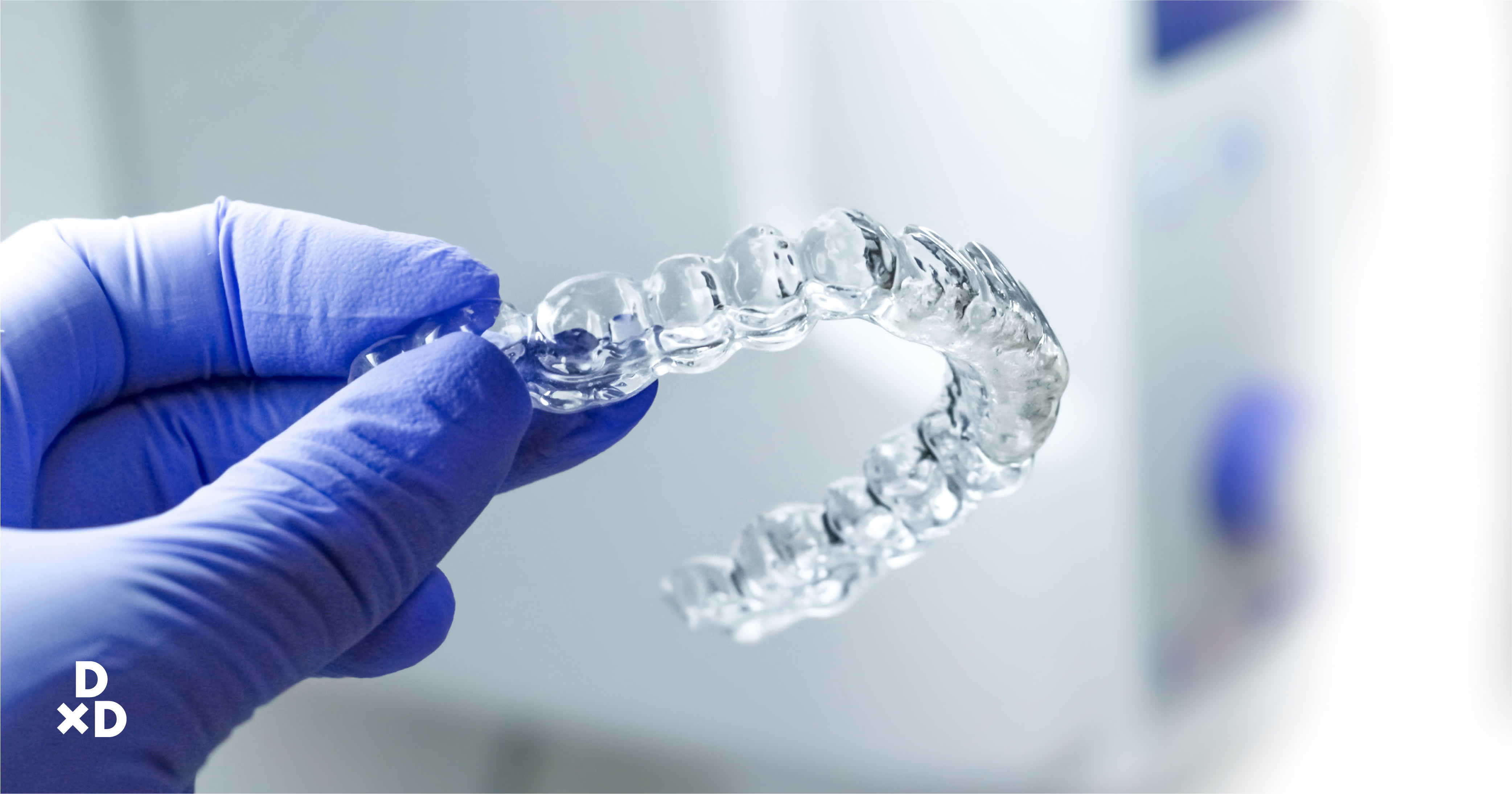
What are the dental options to treat bruxism?
Using a mouthguard, there are different types:
NTI device
An NTI-ss device is an anterior bite stop that helps treat bruxism, temporomandibular joint disorders and tension headaches. This miniature anterior bite device is typically worn at night, although variations of the bite stop have been created for daytime use as well. [2]
Michigan splint
The Michigan splint, also known as a full-coverage splint, is an oral device that covers all teeth in either the maxilla (upper jaw) or mandible (lower jaw). [3]
This splint is more durable for patients that grind very severely but it tends to be more uncomfortable.
Dual laminate mouthguards
Dual laminate mouthguards, also known as bilaminars, are generally favoured as they are more comfortable and tolerated by the patient. These guards provide a comfortable interior with a hard outer shell that provides protection from teeth grinding.
Although a soft splint may be more comfortable, patients tend to chew through them more quickly and they are less effective in preventing mouth and jaw damage.
Medication
During emergencies, doctors can prescribe muscle relaxants to patients for bruxism. However, this should not be a treatment option because it only alleviates a symptom and provides a short-term fix.
Botox
Plastic surgeons and aesthetic doctors use botox (botulinum toxin injections) on the masseter and temporalis muscles to improve bruxism and alleviate pain from chronic clenching and grinding. It also takes about two to four weeks before you see a difference and lasts 6-9 months.
In addition, Botox only alleviates one of the symptoms caused by Bruxism.
Read also: What are the next steps if botox is ineffective for bruxism?
How does a mouth guard help treat bruxism?
Firstly, the mouthguard protects your natural teeth. Because, physiologically, your muscles are strongest at their shortest the mouthguard separates the teeth, pre-stretching the jaw muscles. The resultant force reduction of a separation of 2-2.5mm is by two thirds. This thickness replicates the freeway space that is present when your lower jaw is at its most relaxed position.
What can I expect during the treatment?
There are two main challenges faced by the patient:
They don’t wear it long enough to get used to it — The fit of the mouthguard is passive so there is no pressure on the teeth but it does take some getting used to. You may also experience more saliva in the initial stages
Many patients forget to wear their mouth guard to sleep. However, there are protocols to help resolve this issue.
In the daytime, a more pragmatic solution I like to propose to patients is to do what I call the “tongue thing”, keeping the jaw slack(as at rest) and raising the tongue posturally against the upper teeth. This prevents clenching and reduces the side effects of it during the day.
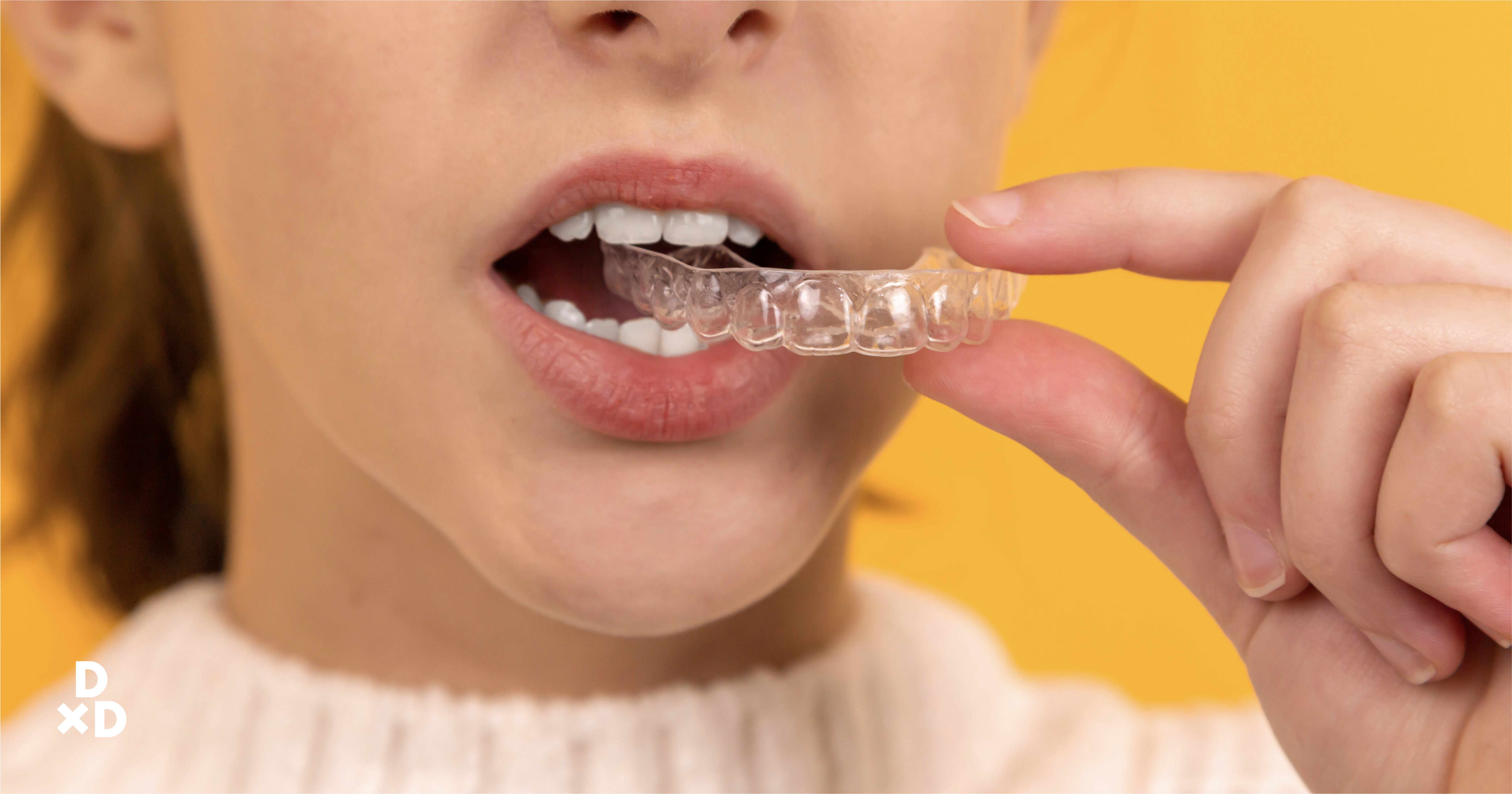
What are the side effects of wearing a mouth guard?
There are no side effects to wearing a mouth guard.
However, if the mouth guard extends too far outwards and presses on the gums, it can cause soreness. That being said, when made properly, a mouth guard should not cause any side effects.
Some people may also have very sensitive palates and wearing the mouthguard may trigger a gag reflex. Shortening the ends of the mouthguard will alleviate this.
Do mouth guards need to be replaced often?
Eventually, mouth guards do need to be replaced because it does not completely stop you from clenching or grinding your teeth during sleep.
For the average Singaporean, they last for about one to one and a half years. However, this varies for each individual and how much they grind and clench their jaws. Some people may chew through their mouth guards in three months, while others can keep theirs for up to 4 years!
Are there any home remedies to help manage bruxism?
Not really. I have some patients who have attempted putting a towel between their teeth as they sleep, however, as soon as they fall asleep they spit it out.
What is the cost of treatment for bruxism?
The range of costs for nightguards vary. A commercial sports guard may only cost you less than $100. There are clinics that may charge over $850.
At my clinic, the mouth guards are fixed at $550. This is inclusive of a check-in one month later. It also allows us to monitor your symptoms and estimate how long your mouth guard will be expected to last.
Unfortunately, none of these treatments are Medisave claimable.
How do you prepare for an appointment with the dentist?
Having an open mind is very important.
As a buying decision, you need to recognise you have an issue, understand why you have this issue and the side effects it is producing. You need to be clear on what the treatment is, how it works and, most importantly, what is in it for you (the benefits)!
You can expect two visits, the first for a consultation and to examine and taking an impression of your teeth. The second visit will involve a fitting of your new mouth guard and information on what to expect to feel, as well as, how to keep them clean.

Summary
Bruxism can be a debilitating experience for some — causing sleepless nights, frequent headaches and dental problems. Although it has no immediate cure and sometimes stress is beyond our control, wearing a mouth guard to sleep can help manage bruxism and alleviate symptoms. Even better, it’s a non-invasive, more natural and more affordable solution to surgery.
However, it is important that you commit to using your mouth guard to sleep every night. Regardless of how well a mouth guard is made, it will be useless if it stays on your nightstand instead of in your mouth. As a dentist, I’ve been wearing one for fourteen years, I have not had stiff shoulders in the morning for fourteen years and so I wouldn’t recommend it if it weren’t effective!








